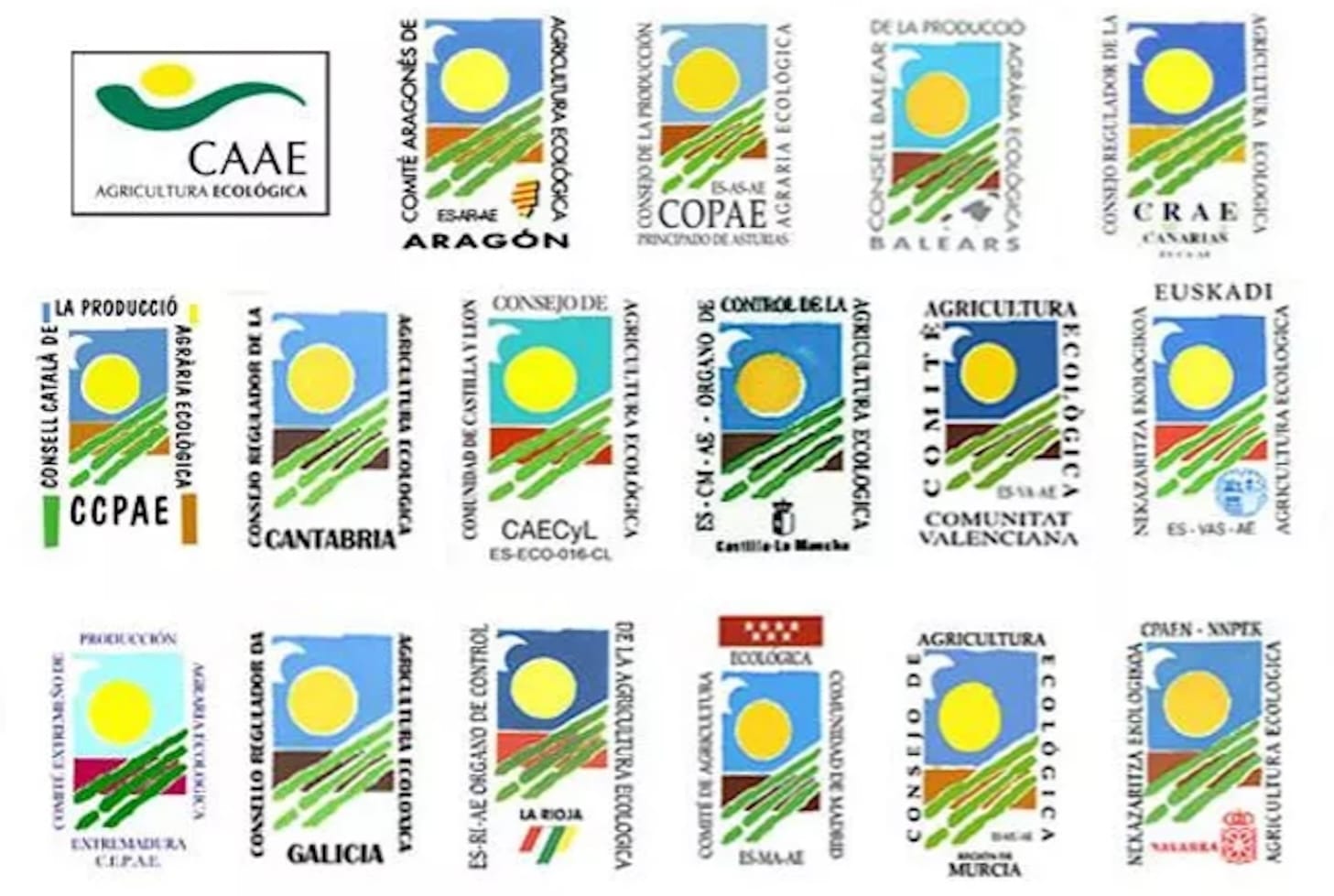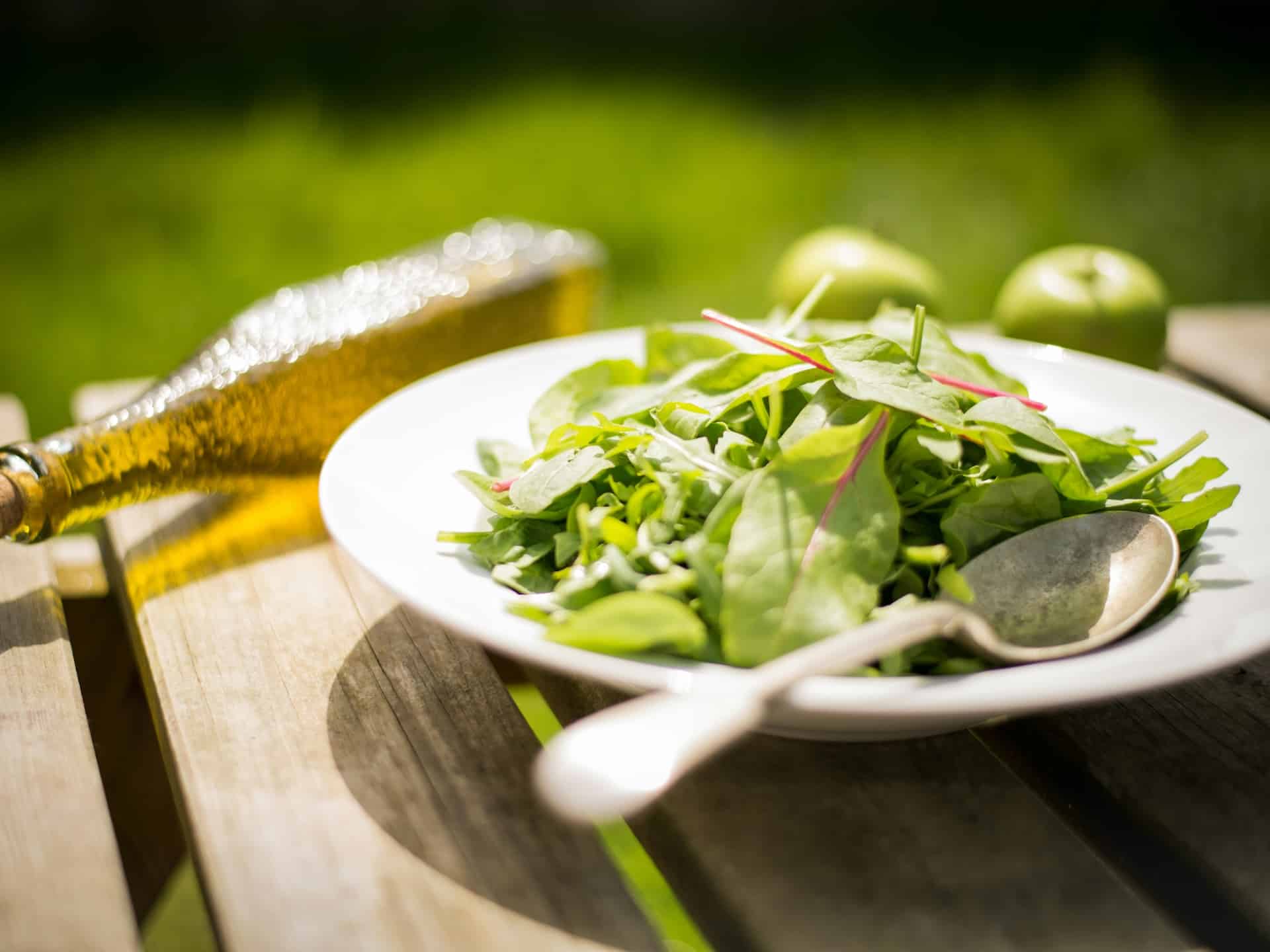
Citizens are increasingly aware of the relationship between our diet, animal and human health, the balance of ecosystems and the health of the planet itself, something that the World Health Organization (WHO) encompasses under the term. One Health (One Health). The rise of bio, organic or ecological products responds to this concern.
Origin of organic foods
An ecological, bio or organic food is one that is obtained from organic production systemssuch as organic farming and livestock farming. He tells us Claudia Garcia Olivas, Head of Quality at ALDI, “organic production is defined as a production management system that promotes and improves the health of the agricultural system.”
This way of producing food pays attention to natural cycles, limits the use of certain fertilizers and pesticides, eliminating all synthetic ones, respects biodiversity and makes measured use of resources so as not to deplete the soil. “For example, we choose plant varieties or local breeds of livestock adapted to a particular areawith its meteorological characteristics and orography. These decisions allow us to reduce the use of external agents in order to obtain more environmentally friendly products,» adds the expert.
Regulations governing organic products.
Organic production is regulated by Regulation 2018/848. This regulation, which is mandatory in all EU countries, establishes that an organic product must have, among others, the following characteristics:
- minimal use of fertilizers and pesticides, these being of non-synthetic origin
- do not expose yourself to ionizing radiation
- free of genetically modified organisms (GMO)
- It does not use antibiotics or growth hormones throughout its production process.
- ensures the animal welfare of livestock.
In order to call a product ‘ecological’, ‘bio’ or ‘organic’ the producer must overcome the Control audits by the Competent Authorities of Organic ProductionIn Spain these entities are the responsibility of the autonomous communities.
Is there a difference between bio, organic and ecological?
In everyday language, it is common to use the three terms interchangeably. The Regulation also allows three terms to be used interchangeably and exclusively to refer to any organically produced food: ecological, biological and organic, as well as their abbreviations, bio and eco.
This is how they identify themselves in the supermarket
First of all, the sales name must expressly include the term organic, biological or ecological. Packaged foods must display the European Union organic production logo (Euroleaf) on the packaging.

The numerical code of the supervisory authority or control body of the operator responsible for the last production or preparation operation will also appear next to this logo. “Whenever the EU organic production logo is used, it must indicate the place where the agricultural raw materials that make up the product were obtained,” adds the ALDI Quality Manager.
These indications of origin can be expressed in 3 ways:
to) EU Agriculture. When agricultural raw materials come from an EU country.
b) Agriculture in the EU. Agricultural raw materials come from third countries.
do) EU/non-EU agricultureSome of the agricultural raw materials have been obtained in the EU and others come from a third country.
Optionally, if organic production has been carried out in Spain, the corresponding seals from the public control agencies that have certified that the product complies with the requirements of organic production can be included. Depending on the region, in Spain there are 17 different seals, one for each autonomous community.

Benefits for the consumer and the planet
Environmental benefits
- Less contamination of aquifers and soils. Agriculture is one of the factors that has the greatest impact on the environment. Soil health, the use of water and natural resources, soil pollution, loss of biodiversity, deterioration of surface and underground water resources around the planet, as well as the increase in CO2 emissions are some of the consequences of the industrial agriculture model. “As organic products do not contain synthetic pesticides and use only organic fertilizers, groundwater and soil pollution is reduced, and biodiversity is improved, as long as they are used in adequate quantities,» says the expert.
- Preserve soil fertility. Giving up synthetic fertilizers and insecticides preserves the biological activity of the soil, which is essential for a soil to be naturally fertile and not contain an excess of nutrients that can contaminate water. “The use of less mechanized agricultural techniques also contributes to maintaining the structure of the soil, preserving its fertility for longer.”
- Lower energy consumption. By not making intensive use of the land and respecting the biological cycles of the species, less electricity and less fuel are needed.
Social and economic benefits
- Landscape conservation. Organic farming allows for a richer and more varied landscape, through the conservation and creation of hedgerows and diversified crops.
- Employment and stopping depopulation. “The specialization of the supply of organic products favors the creation of new jobs and increases the value of agricultural production,” he adds. This reality serves to slow down rural depopulation.
- Recovery of traditional cropsIntensive agriculture focuses on those varieties that have the best market potential, which are not always the best adapted to the soil and climate of each area. “Although it is not a legal requirement, organic farming tends to use and revalue these traditional varieties, contributing to recovering the genetic heritage that, in some cases, is close to disappearing.”
At this point, the expert recalls that “the The appearance of organic food is less attractiveIn general, this is more noticeable in fresh fruits and vegetables, which have less uniform sizes, more defects and, generally, a shorter shelf life than conventional foods. Among other things, because Waxes and antifungal substances will not be added These protective substances are harmless to human health and are fully approved and supervised by European health authorities. Their function is to reduce food waste.
Health benefits
Organic products often have an aura of healthy food. “In reality, there are no conclusive studies that show that organic food is healthier than conventional food. It has been shown that organic fruit and vegetables contain more bioactive compounds (such as vitamins and minerals) than conventional ones. This is basically because, due to the lower use of pesticides and fertilizers, the plants’ own defense mechanisms are activated,” he explains.
Other potentially beneficial factors – continues the expert – could be related to the absence of certain chemical compounds and synthetic pesticides in the diet. “Therefore, the potential risk associated with its accumulation would be lower in diets rich in organic foods, although there are still not enough studies in humans to corroborate this.” As for processed foods, manufacturers tend to reduce superfluous additives in their formulation. This is not a formal requirement imposed by legal provisions, nor does it mean that it is healthier or safer than those that contain them, but it adds a patina of ‘natural food’ highly valued by some consumers.
Are organic products vegan?
Strange as it may seem, there are those who mistakenly associate organic food with foods suitable for vegan diets. It is a good time to remember that vegan food is, quite simply, food free of ingredients of animal origin.It will be vegan and organic if its ingredients use organic products.but it doesn’t have to be that way,» García Olivas responds.
In the same way, a Organic product cannot be vegan. However, “it is important to remember that one of the principles of organic farming is animal welfare in livestock farming systems. Many people opt for a vegan diet because of their ethical rejection of the conditions in which animals are kept on some industrial farms. Animal welfare farming is a bridge between the two positions.”
The ALDI Council
The labelling ‘organic’ does not automatically guarantee that a product is healthy or sustainable. It is important to read labels to find out the nutritional value of the food and its origin, especially important for organic products produced in places far from where they are consumed.
Claudia Garcia. Agricultural technical engineer and food technologist. She is responsible for Quality at ALDI Central Purchasing (Spain). Previously she worked as a logistics process technician and as corporate manager of Fresh Produce Quality at Caprabo – Eroski. She has been responsible for Quality at Comertel and a consultant at the Institut Català de Tecnologia (Assessment Unit).







